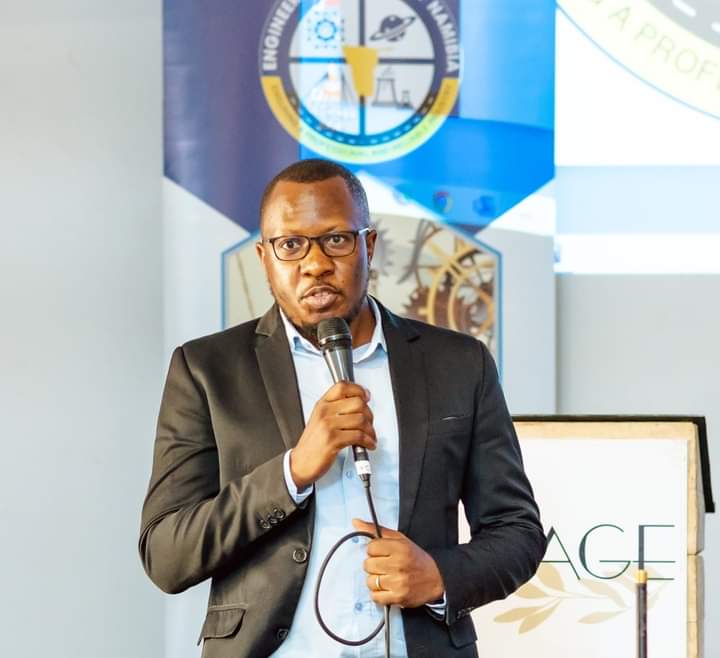What can be seen as a clash between modernity and heritage in Namibia has been thrown into sharp relief by recent criticisms of longstanding cultural practices.
The deputy minister of health, Esther Muinjangue, last week publicly condemned the traditional otjiramue relationship practised by the Ovaherero people, saying it indirectly promoted rape.
Muinjangue is also the president of the National Unity Democratic Organisation (Nudo).
Her stance highlights a deeper struggle to preserve Namibia’s cultural identity in the face of societal norms and legal interpretations.
THE OTJIRAMUE CONTROVERSY
Otjiramue, a customary practice among the Ovaherero people, involves instances where cousins may marry each other or are allowed to be in relationships in terms of cultural norms.
Critics argue that such practices perpetuate gender-based violence despite a lack of complaints from those within the community involved in these relationships.
Others defend the practice as a cherished tradition that respects the autonomy and consent of those involved.
Article 66 of the Namibian Constitution, which upholds customary law, supports the legitimacy of such practices, affirming the importance of cultural heritage in Namibia’s legal framework.
OLUFUKO
Another cultural practice under scrutiny is olufuko, a traditional Aawambo ceremony that prepares young girls, often as young as 12, for womanhood and pregnancy.
This initiation involves drumming, dancing and guidance from an elder known as namunganga.
Critics, including mainstream Christian churches, have decried olufuko as pagan and a potential pathway to child trafficking and abuse.
However, no Namibian court has found olufuko to be complicit in human trafficking.
POLYGAMY AND PRIDE
While sodomy has been decriminalised, polygamy remains stigmatised and is not recognised in common law courts.
This undermines the cultural rights of those who practice polygamy, a tradition deeply rooted in some Namibian communities.
The Constitution (article 19) guarantees people the right to enjoy, practice, and promote their culture, language and traditions.
It explicitly protects cultural practices provided they don’t infringe on the rights of others or the national interest.
However, this right is often subordinate to common law.
Chapter 3 of the Namibian Constitution, also known as the Bill of Rights, is often cited as a foundation for protecting individual freedoms.
However, the interpretation and enforcement of this article remain contentious.
DIALOGUE NEEDED
The preservation of cultural heritage in Namibia is not just a matter of legal interpretation but also involves national identity and pride.
It is essential for all parties concerned, including government officials, legal professionals and cultural leaders to engage in meaningful dialogue to find a balance that respects both human rights and cultural traditions.
There is a need for legal reforms that recognise and respect customary laws and practices.
The judiciary must be culturally sensitive and inclusive in its interpretations and rulings, ensuring that traditional practices are not unfairly marginalised. Educating the public about the importance and context of cultural practices can help dispel misconceptions and foster greater appreciation and respect for Namibia’s diverse heritage.
Engaging with communities to understand their practices and the rationale behind them is crucial.
This can help bridge the gap between modern legal standards and traditional customs, ensuring that cultural practices are preserved while also protecting individual rights.
PROTECTION AND PROGRESS
Ongoing debates around practices like otjiramue, olufuko and polygamy highlight the complex interplay between cultural heritage and legal standards in Namibia.
It is important to recognise that cultural practices are not merely relics of the past but are integral to the identity and continuity of communities.
As Namibia moves forward, we must strive to uphold the values enshrined in its Constitution, including the protection of cultural rights.
We need to foster a legal environment that respects and incorporates customary practices so that it can ensure its cultural heritage is not lost but celebrated and preserved for future generations.
It is time for Namibians to rally together to protect their cultural heritage and to ensure that traditional practices are not unjustly vilified or eradicated.
- * Brian Ngutjinazo is an LLB (Hons) student at the University of Namibia. This article is written in his personal capacity.
Stay informed with The Namibian – your source for credible journalism. Get in-depth reporting and opinions for
only N$85 a month. Invest in journalism, invest in democracy –
Subscribe Now!






